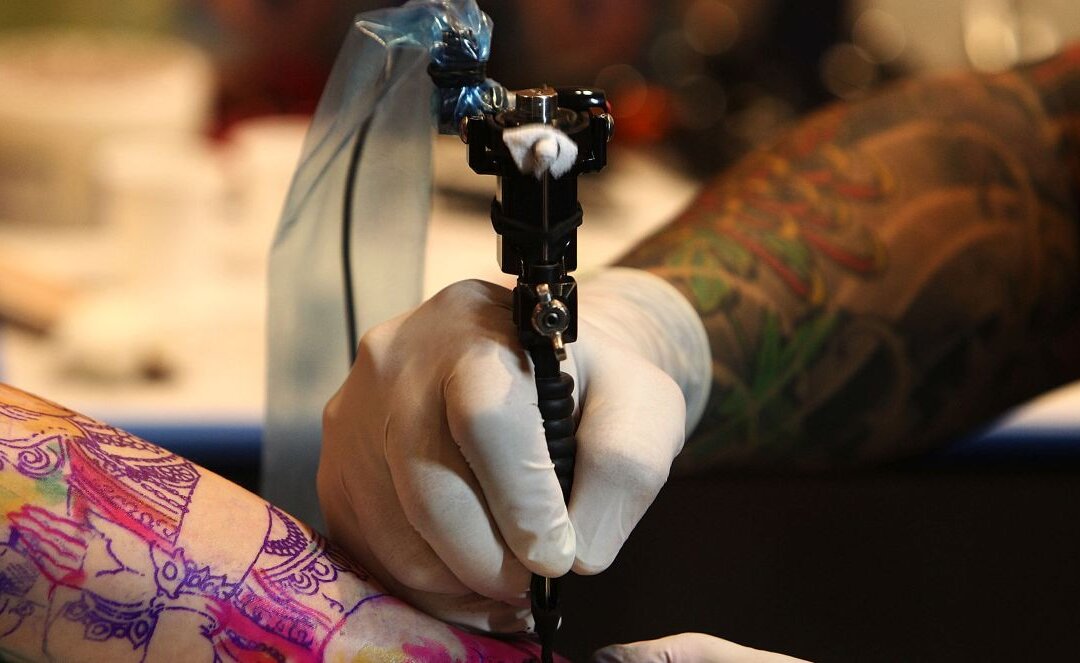Getting a tattoo is correlated to developing a rare type of blood cancer—regardless of the size of the tattoo, a new study has found. Researchers from Lund University in Sweden said that tattoos may increase the risk of developing lymphoma by 21 percent. They analyzed 11,905 participants, including 2,938 who had lymphoma, between the ages of 20 and 60.
They asked those with lymphoma and those without cancer to complete a questionnaire about whether they had tattoos. “After taking into account other relevant factors, such as smoking and age, we found that the risk of developing lymphoma was 21 percent higher among those who were tattooed,” Dr. Christel Nielsen, study author and a professor at Lund University, said in a release issued by the college.

“It is important to remember that lymphoma is a rare disease and that our results apply at the group level. The results now need to be verified and investigated further in other studies and such research is ongoing.” The study discovered that the risk of developing the rare form of blood cancer was highest among individuals who had their first tattoo fewer than two years before.
The two most common forms of cancer were diffuse large B-cell lymphoma as well as follicular lymphoma, they noted. What’s more, Ms. Nielsen’s research group initially theorized that the size of the tattoo could impact the risk of developing lymphoma.
However, that wasn’t the case. “They thought that a full body tattoo might be associated w.
















